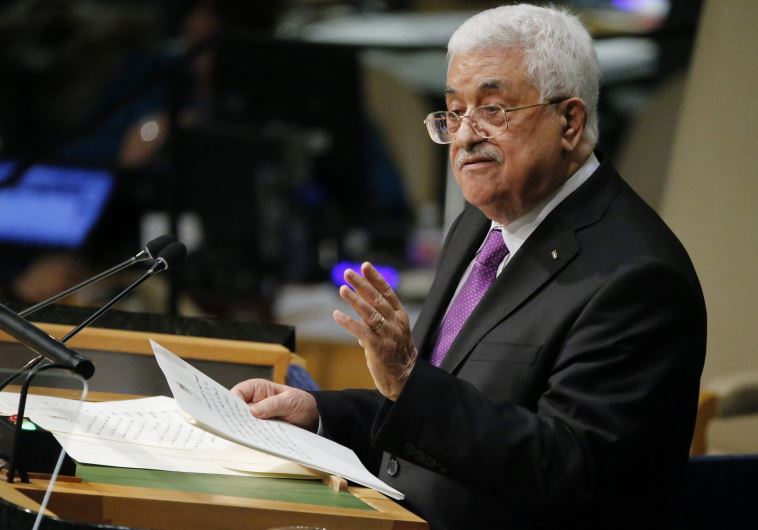Opinion: Why did Abbas call municipal elections?
In the meantime, Hamas are Bonaparte- esque in their quiet. Not wanting to interrupt their political rival before they can announce, “checkmate.”
 Palestinian Authority President Mahmoud Abbas addresses UN General Assembly
Palestinian Authority President Mahmoud Abbas addresses UN General Assembly